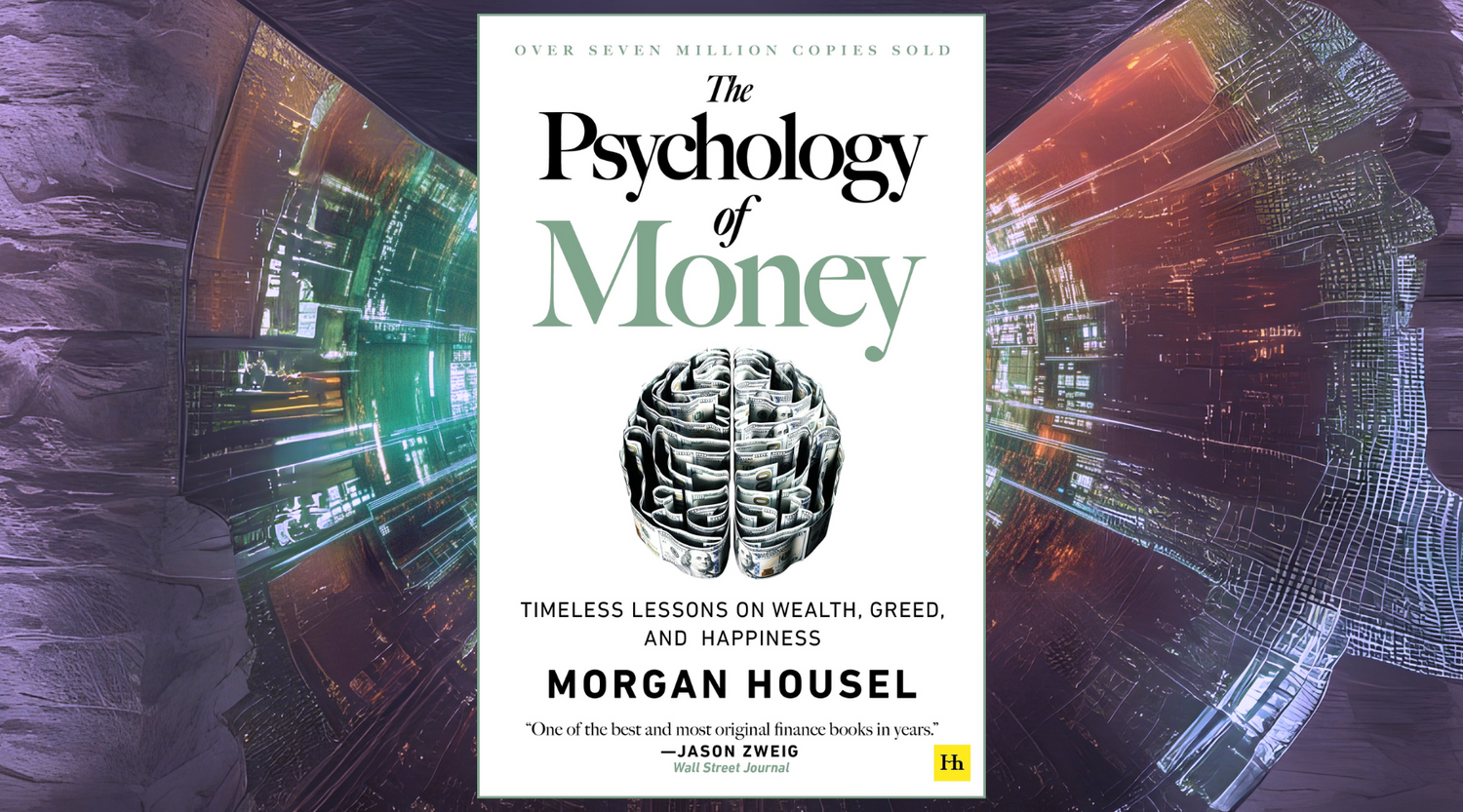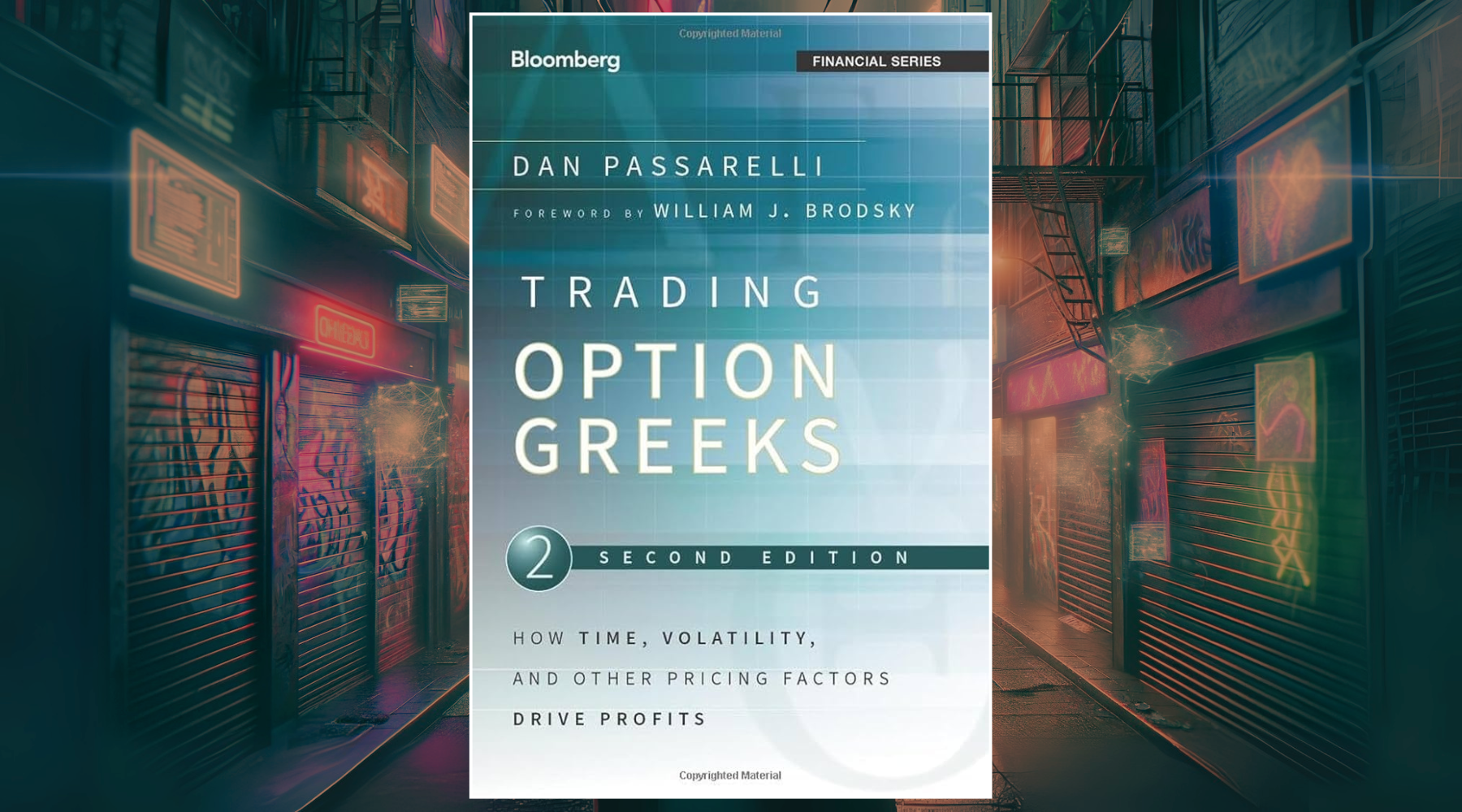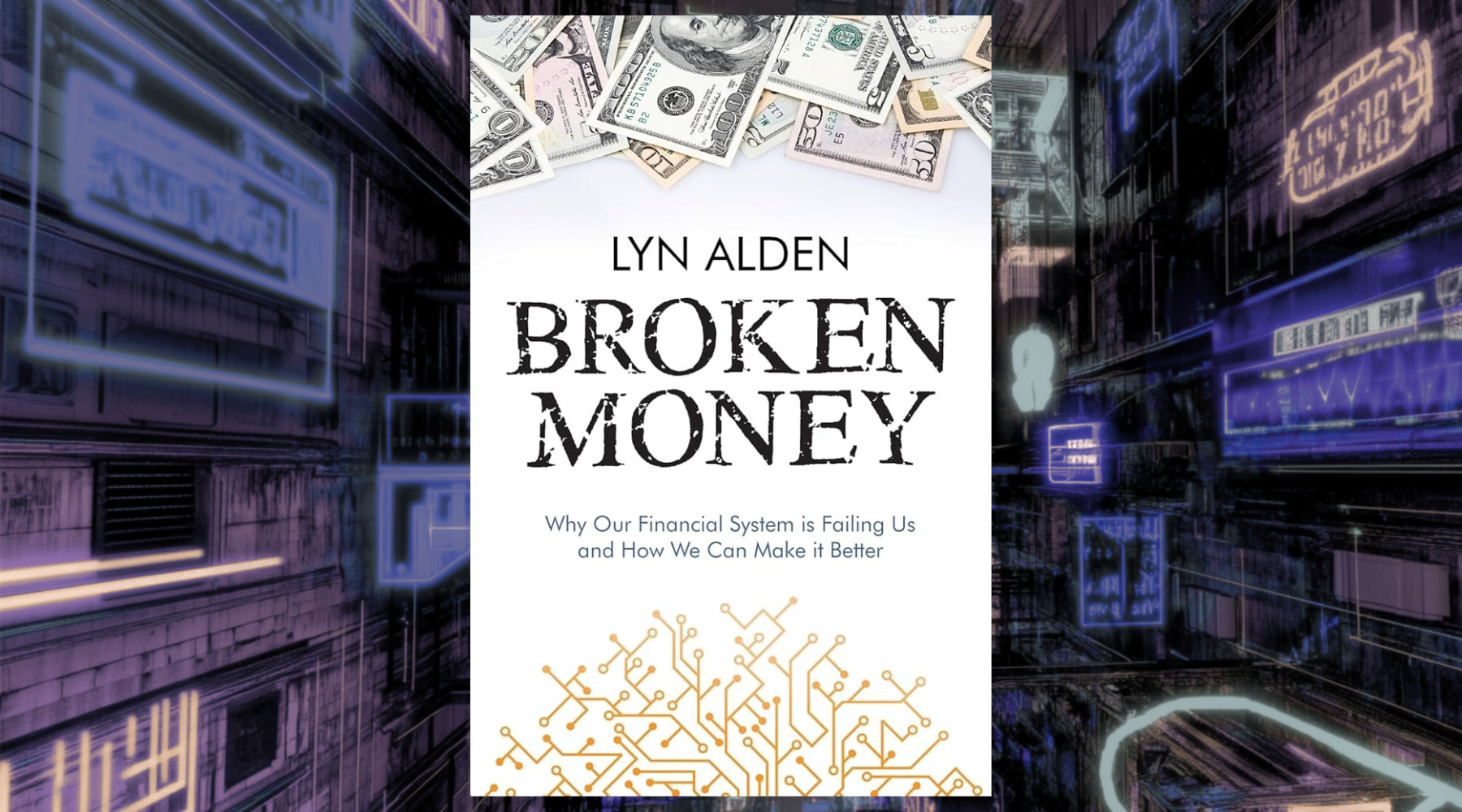The Psychology Of Money
By: Morgan Housel
The Psychology of Money, by Morgan Housel, is 20 short chapters each dealing with the flaws, biases, and causes of bad behavior in people when dealing with money. Each chapter covers it’s own topic on the psychology of money.
Housel makes many observations dealing with money and finances that make perfect sense once I hear them, and it makes me think about why I have never really thought of them myself.
This book integrates stories of many famous investors, wealth creators, or people in the finance field such as Warren Buffett, Benjamin Graham, Bill Gates, John Rockefeller, Jesse Livermore, and even lessons from Bernie Madoff to illustrate it’s points.

4 Key Lessons From The Psychology of Money
Every chapter of this book had it's own lesson, but if I had to narrow it down to the 4 that I thought were the best to focus on, it would be these 4:
1: Success Through Steady Habits, Not Perfection
Financial success depends more on behavior than precision. Consistent, long-term decision-making outweighs the need to be correct in every move. Plus, the longer you continue with good habits, the easier they get.
“You can be wrong half the time and still make a fortune, because a small minority of things account for the majority of outcomes. No matter what you’re doing with your money you should be comfortable with a lot of stuff not working. That’s just how the world is. So you should always measure how you’ve done by looking at your full portfolio, rather than individual investments.~ Morgan Housel, The Psychology of Money
2: Respect Comes from Character, Not Cash
There is this myth that owning fancy things earns you respect. Housel pushes back on this, stressing that humility and character matter more than showing off wealth.
“Be nicer and less flashy. No one is impressed with your possessions as much as you are. You might think you want a fancy car or a nice watch. But what you probably want is respect and admiration. And you’re more likely to gain those things through kindness and humility than horsepower and chrome.”~ Morgan Housel, The Psychology of Money
The Psychology of Money
Discover timeless lessons on wealth, greed, and happiness. This bestselling book reveals how psychology influences our financial decisions and provides insights for building lasting wealth and finding financial peace of mind.
View on Amazon3: Guard What Matters Most
Another lesson is about protecting what truly matters. Housel warns against chasing unnecessary risk.
“There is no reason to risk what you have and need for what you don’t have and don’t need.”~ Morgan Housel, The Psychology of Money
This idea is good a reminder to focus on keeping safe what is essential, like financial stability, instead of gambling it for things that might seem tempting but aren’t worth it.
4: Luck & Risk - Rethink How To Judge Success
When you see someone successful, do you ever wonder how much of their success was based on pure luck? This book looks into the tricky role of luck and risk in money decisions.
“The line between ‘inspiringly bold’ and ‘foolishly reckless’ can be a millimeter thick and only visible with hindsight. Risk and luck are doppelgangers. This is not an easy problem to solve. The difficulty in identifying what is luck, what is skill, and what is risk is one of the biggest problems we face when trying to learn about the best way to manage money.”~ Morgan Housel, The Psychology of Money
It’s hard to tell if someone’s wealth came from skill or just good luck, and that uncertainty makes managing money both challenging and fascinating.

My Thoughts on The Psychology Of Money
I read The Psychology of Money just after reading the book Outliers, by Malcolm Gladwell. Both books have a similar theme, and that is that there is plenty of luck involved for great success. But there is also hard work that needs to be added to that luck. Most of the extremely successful people in their fields are very lucky, but they are also the ones that work the hardest out of the group of lucky individuals. The Psychology of Money was a great reminder of financial perspectives that seem like they should be common sense, but generally are disregarded. This is a great book for anyone to get a taste of how to think about money and success.
If you’ve made it this far, consider reading A Random Walk Down Wall Street by Burton Malkiel for another perspective on the role of luck and randomness in financial markets. A Random Walk Down Wall Street is also one of my all-time favorite investing books.










Leave a comment
This site is protected by hCaptcha and the hCaptcha Privacy Policy and Terms of Service apply.